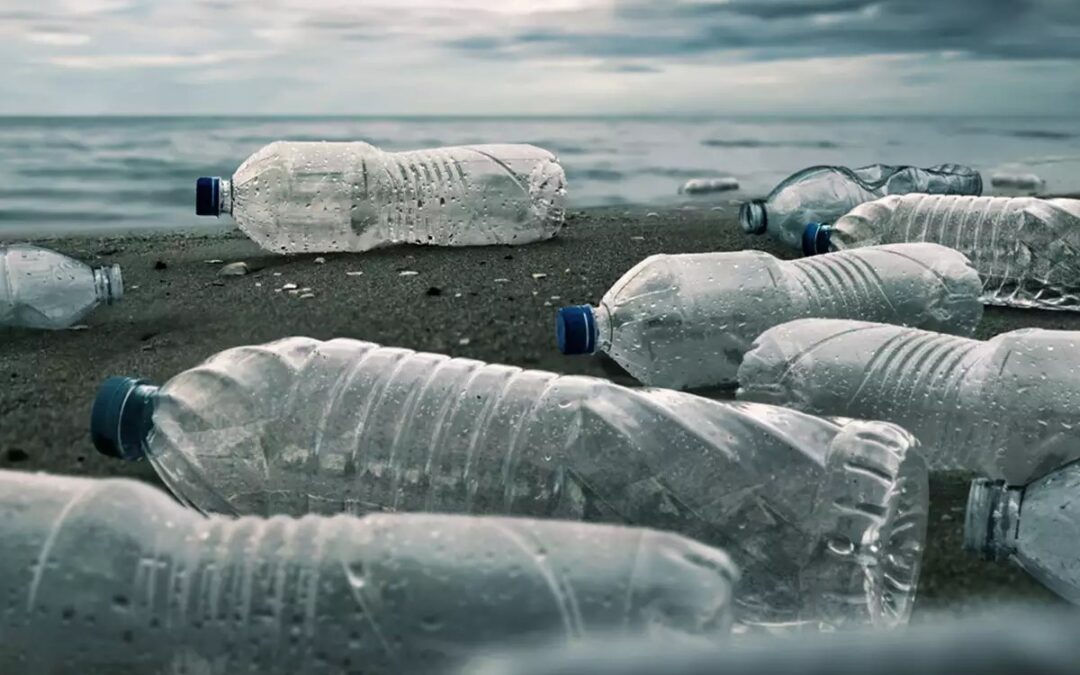Did you know that every year 8 million tonnes of plastic makes its way into our world’s oceans? Thereby, the plastic bottle pollution is a major problem for our environment. What are the implications? What can we do to combat this crisis?
Read more >>>
Plastic bottles – Are they here to stay?
As a teenager in my 11th year of school, I’m well aware of the issues caused by plastic pollution. For the most part, I would assume that most people already know about the major problem plastic is on our planet. But do we? Every year 8 million tonnes of plastic makes its way into our world’s oceans. Which is equivalent to dumping a full rubbish truck into the sea each minute! That’s 15 tonnes of plastic every 60 seconds! Yet still, these facts remain, to a large extent, unchanged. Why?
Plastic bottles are one of the main contributors to plastic pollution, with the average person consuming over 75 of them per year. The question is, why do we continue using something that kills marine life, clogs rivers, litters our lands and turns incredible natural places into wastelands? And for what reason… because we can’t be bothered going a little bit out of our way to use other options. Due to this, plastic bottles have been a pest for over seven decades. Will they eventually fade into a thing of the past, or are they here to stay? Let’s take a look.
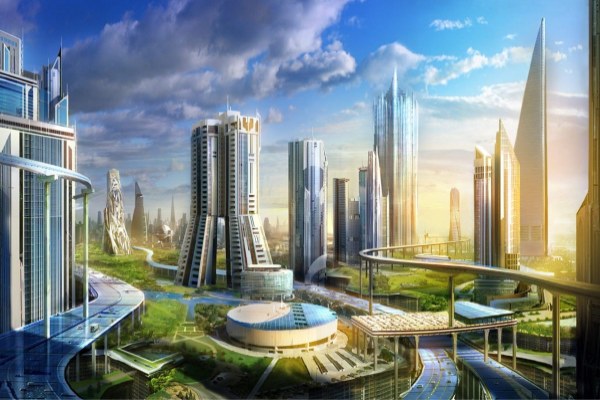
The effects of plastic bottle pollution on the environment
I’d say it’s safe to assume that many of you probably already have some knowledge about this area. So for those of you who don’t, I’ll give you a brief explanation.
300 million tonnes of plastic are produced annually. This is the same as 821 Empire State buildings.
So what happens to all this plastic? A large portion of it ends up in landfills. Once there, it takes up much of our limited land space and makes the surrounding area unusable for anything but piling up more rubbish. A fraction of this plastic ends up being recycled, where it is reused and made into something new. Unfortunately, about 5% of this plastic ends up in our waterways, where it kills marine life and contaminates water.
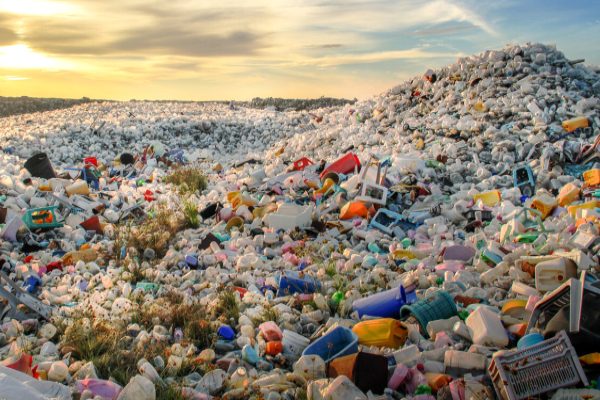
Why is this such a Big Deal?
The problem with this is it takes lifetimes to decompose (unless you are over 500 years old). And seeing as it isn’t going to dissolve away anytime soon, it ends up collecting in various places.
One of the most well-known places is the Great Pacific Garbage Patch. I personally think this is an issue that isn’t nearly talked about enough. The Great Pacific Garbage Patch is a place where plastic clumps together from ocean currents and forms a massive area covered with plastic. This area is so ridiculously huge that it’s the same size as not one, not two, but six New Zealands! That’s roughly the same size as Alaska! So why is this topic only briefly glazed over in our society?
Pros And Cons Of Plastic Bottles
Plastic can be destructive and have significant negative impacts on the environment. But the fact is, we can’t live without it. If we were to stop plastic production right now, our world would stop functioning (well, worse than it already is 😉 ). It’s all around us; in technology, buildings, vehicles, tools and is used in any company you can think of. However, it does have its benefits. Well, what about plastic bottles? Let’s take a look.
Pros:
-
- Convenient – Whether you’re travelling or at work, you can easily find them and their contents at local stores.
- Recyclable – however, only around 30% of bottles actually get recycled by people
- Cheap and easy to manufacture
Cons:
-
- Environmental damage – kills marine life, destroys habitats, fills landfill
- Expensive for consumers compared to other alternatives such as refilling drink bottles
- Contaminates water/ liquid – which can lead to health issues
- Takes approximately 5 centuries to decompose
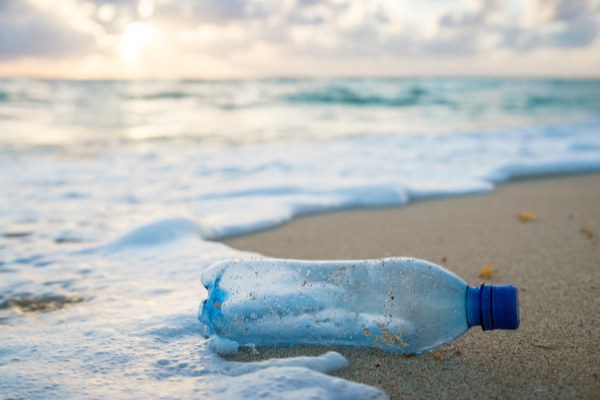
Alternatives to Plastic Bottle Pollution
Plastic is an easy option for transporting anything from lunches to beverages. As user-friendly and convenient as it is, there are many looking for alternatives due to environmental impacts. And by using eco-friendly options, we can at least slow our plastic consumption.
The most common solution is to have a reusable bottle made from alternative materials. This can come in the form of glass, ceramics, stainless steel or biodegradable water bottles. The stainless steel option, also known as hydro flasks, is the most popular. This is due to its long life span and ability to keep the liquid temperature for many hours (hot and cold). Other options such as glass and ceramics are also acceptable but be warned as these are prone to breaking.
Root causes of Plastic Bottle Pollution
Twenty companies are responsible for more than half of all single-use plastic thrown away globally. If only half of these companies changed to eco-friendly alternatives, our world’s entire single plastic use would be reduced by a quarter. However that being said, it is no mean feat to make that switch. Biodegradable plastics are 20-50% more expensive for plastic bottle suppliers to manufacture. And in doing this, it would make the end product much more pricey.
Coca-Cola has been named the no 1 polluter of plastic bottles, with 3 million metric tonnes of plastic produced annually. I mean, they sell 1.9 billion bottles per day worldwide! That’s just crazy! And we wonder why we have plastic problems.
It really shows you how much of our pollution is created by some of the world’s biggest, most profitable companies. Yet the blame cannot lie on them completely, for we as consumers are the ones purchasing this stuff.
Have We Seen Plastic Use Decrease Over the Years?
Plastic manufacturing goes all the way back to the early 1900s. It wasn’t until the 1950s that bottles were manufactured by it. Today it is a 250 billion dollar industry that has been growing bigger each year.
Alternatives such as hydro flasks have become increasingly popular over the years. Although plastic bottle sales have continued to rise, sales for other options have been growing at an even faster rate.
One of the most promising signs is in people’s awareness. Today, many people are growing aware of plastic’s effects on our environment. So although we haven’t seen dramatic decreases yet, I’m hopeful that we will in future years.
Plastic Bottle Pollution in New Zealand
Here in New Zealand, we typically think that we are clean and green, relative to the rest of the world. Although we have a reasonably clean environment, each Kiwi still produces around 31kgs of plastic per person annually. Comparatively, in China, each person uses an average of 18kgs of plastic per year.
New Zealand is ranked 17th in the world for being environmentally friendly. However, we still have a long way to go till we can start patting ourselves on the back.
Solutions to Plastic Bottle Pollution and What Can We Do About It?
Our part in this solution is relatively simple. We don’t have to spread awareness or drastically change our habits (although this wouldn’t hurt to do). We just need to play our part! To reuse our bottles and avoid using bottled beverages whenever we can. What’s the worst that could happen? Just by taking a few simple measures, we can become part of the solution, not the problem. Not only does this help save our planet from litter, but it also makes sense financially. With the average bottle of water costing around $2, you could save yourself a lot of money in the long run.
Economics of Bottled Water
If you were to buy just 1 litre of bottled water every day, you would end up spending over $900 in a year. Whereas if you were to get the same 1L of water each day by refilling bottles, it would wind up costing only 58 cents per year.
That is the same as comparing $2.50 per litre (bottled) to $0.0016 per litre (refill). That means bottled water is 1500 times more expensive than regular tap water. By refilling, you save more than just the environment. You can save yourself hundreds in the process.
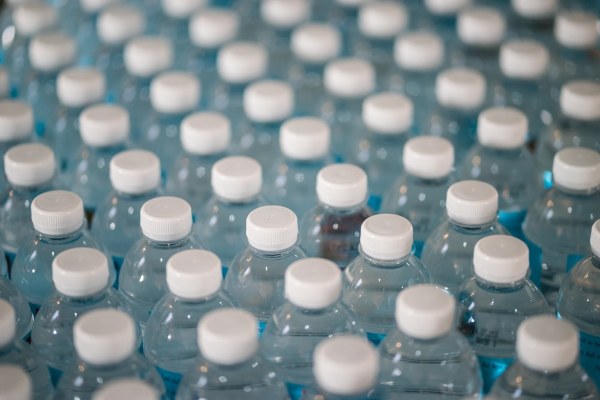
“Refill not landfill”
Many people buy and use bottled water due to poor tasting home water. One solution to this problem is using a water filter which gives you cleaner water and improved taste. If you’re in this situation, a water filter will more than pay itself off in water savings.
By replenishing instead, the more “expensive” stainless steel bottle has paid itself off several times over. You will save more than the environment refills instead of landfill.
What needs to be done
I think that compared with climate change, this issue is barely even talked about. At the current rate we are going, there will be more plastic in the ocean than fish. Hence, it is so important that we all share our thoughts and opinions on this. It takes all of us! And it’s even more crucial that we play our part, whether by refilling bottles or decreasing our plastic use with the products we buy. In doing so, we can feasibly slow plastic production. As we do our bit, technologies are being developed. Technologies that could someday solve this problem in hopes that we one day see a clean earth.
Is plastic here to stay? – The final answer
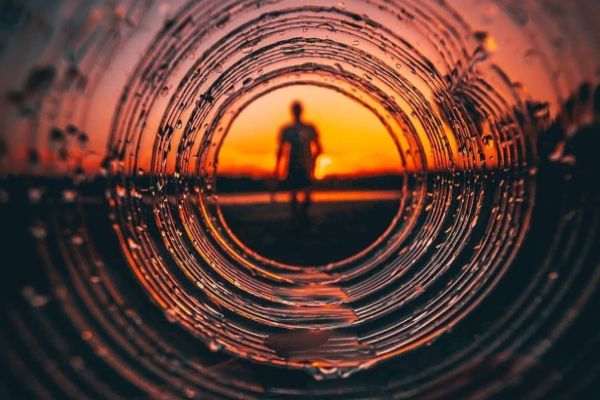
So to answer the question, is plastic here to stay? Yes, I think that plastic will continue to be used (unless a much better option is presented). After all, it is a highly convenient, easy to mould and economical material used in practically everything. However, I’d expect that the differences would be in our disposal methods and the quantity of plastic produced.
So let’s change that question to whether plastic ‘pollution’ is here to stay? No. I believe that plastic pollution will eventually fade into a thing of the past. How long this takes depends on how we manage our plastic today. As disposal technology improves, we can hopefully stop it from reaching our oceans and instead focus on removing the plastic causing environmental damage.
In conclusion, I think that sustainably living with plastic is a large possibility for our future. With luck, we might someday see a green and sustainable planet once more!
The environmental footprint of a plastic bottle and Aqua Works answer to it!
Plastic affects our environment in many ways that most consumers are unaware of. It is not just about apparent impacts like ocean pollution but also points people often don’t even think about, like CO₂ emissions. A plastic bottle has already had a long life before it ends up on the supermarket shelf and finally in your household. First, the bottle and the outer packaging are produced. The next step is to fill the water, which has already travelled several kilometres from its source to this point. Afterwards, the water bottle is transported to the wholesaler, from the retailer to the end consumer. After use, the bottle is usually burned or recycled.
Every single part of this journey costs energy and causes harmful CO₂ emissions. The transport routes are particularly significant, but disposal can also be a real energy guzzler. The ecological footprint of a plastic bottle is thus clearly visible. Bottled water is cheap at first glance in New Zealand supermarkets – especially compared to other drinks such as fruit juices, lemonade or even coffee. But the reality is that tap water is more environmentally friendly and cheaper.
Water filters from Aqua Works to combat the plastic bottle pollution
At the end of the day, a more environmentally friendly and cheaper alternative is water filters. With a corresponding device, you can reduce your CO₂ emissions by over 70 per cent compared to the supply with plastic bottles. Aqua Works has been working in professional water treatment for more than 2 decades. Offering suitable domestic and commercial applications solutions, our team will come for an onsite visit to find the best product for your individual needs. A UV filter or ozone system help you remove unwanted impurities from your rain harvesting water supply. With a whole house water filter, you will remove heavy metals, chlorine or fluoride from your mains water. With our free water pump check, we guarantee that your water is always available for your needs, wherever you are in your home.
Call us on 0800 AQUA WORKS to schedule a free onsite appointment.

